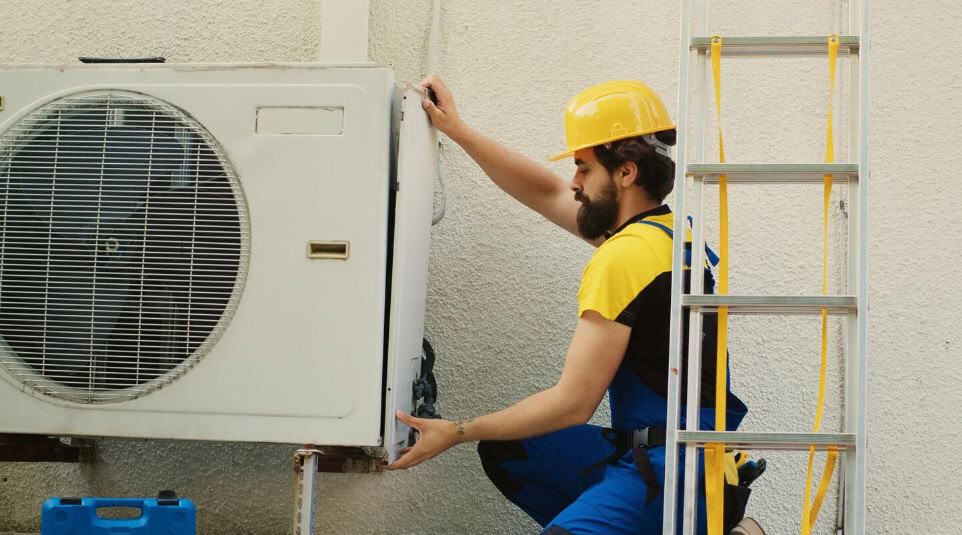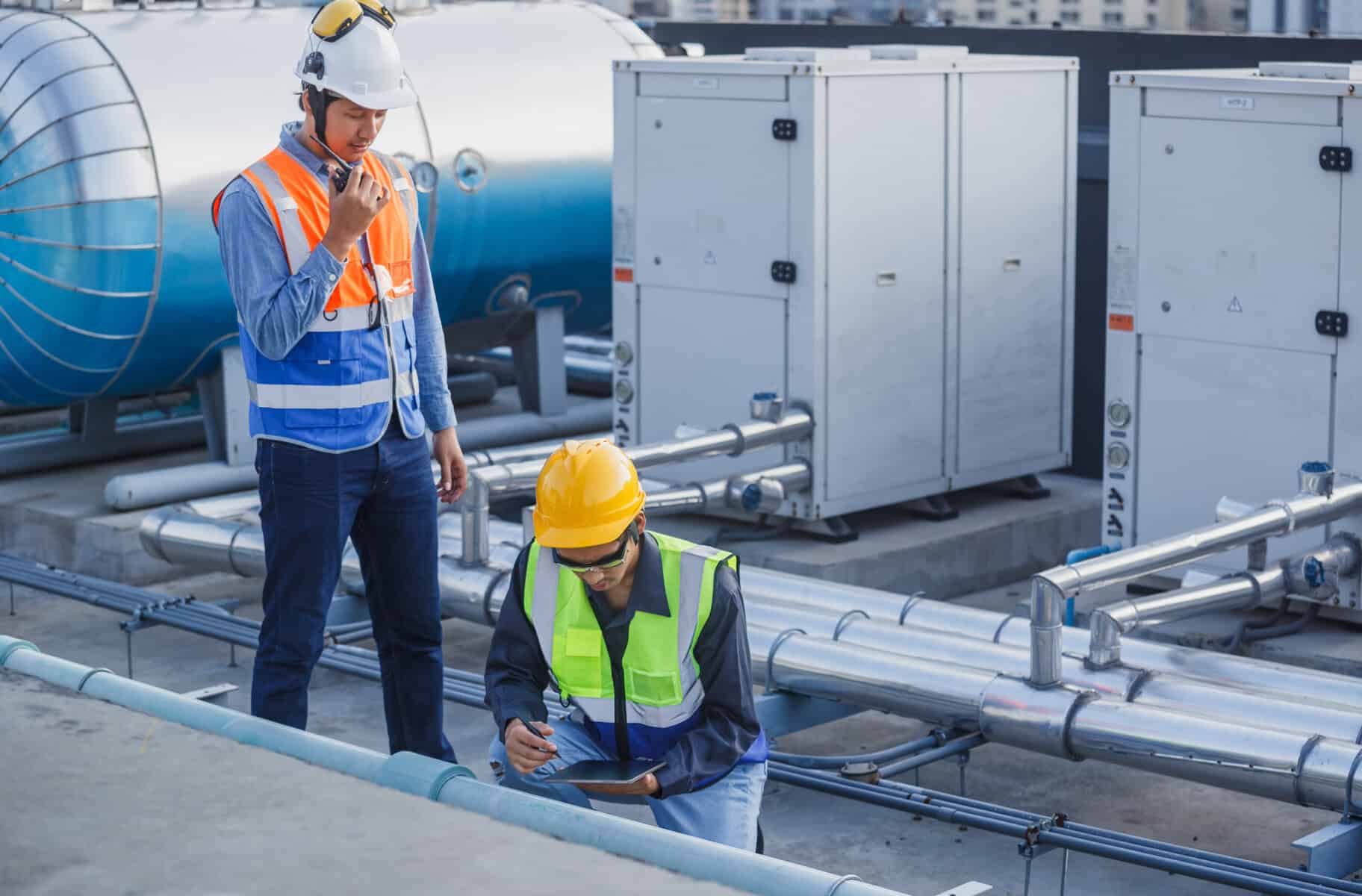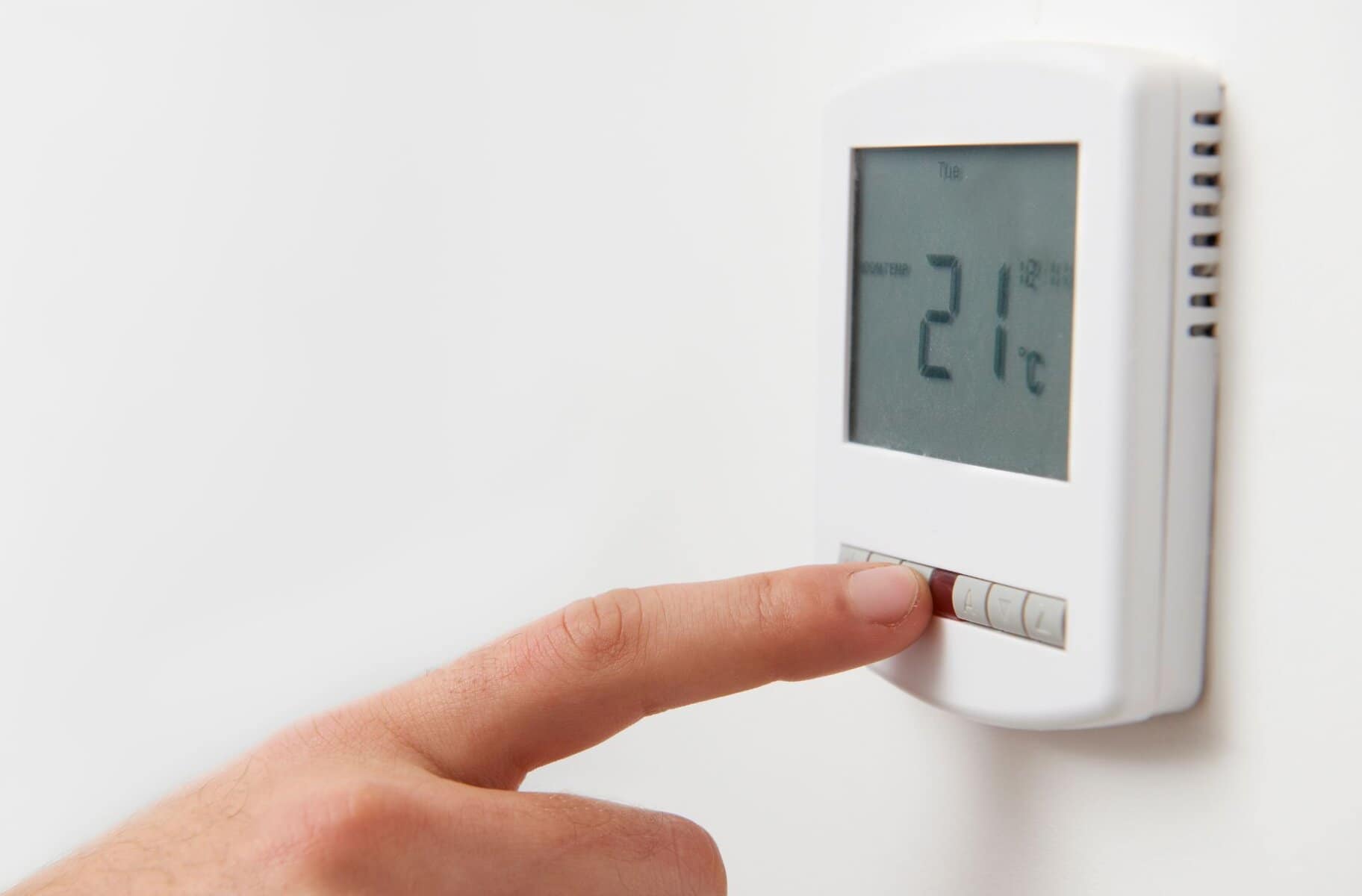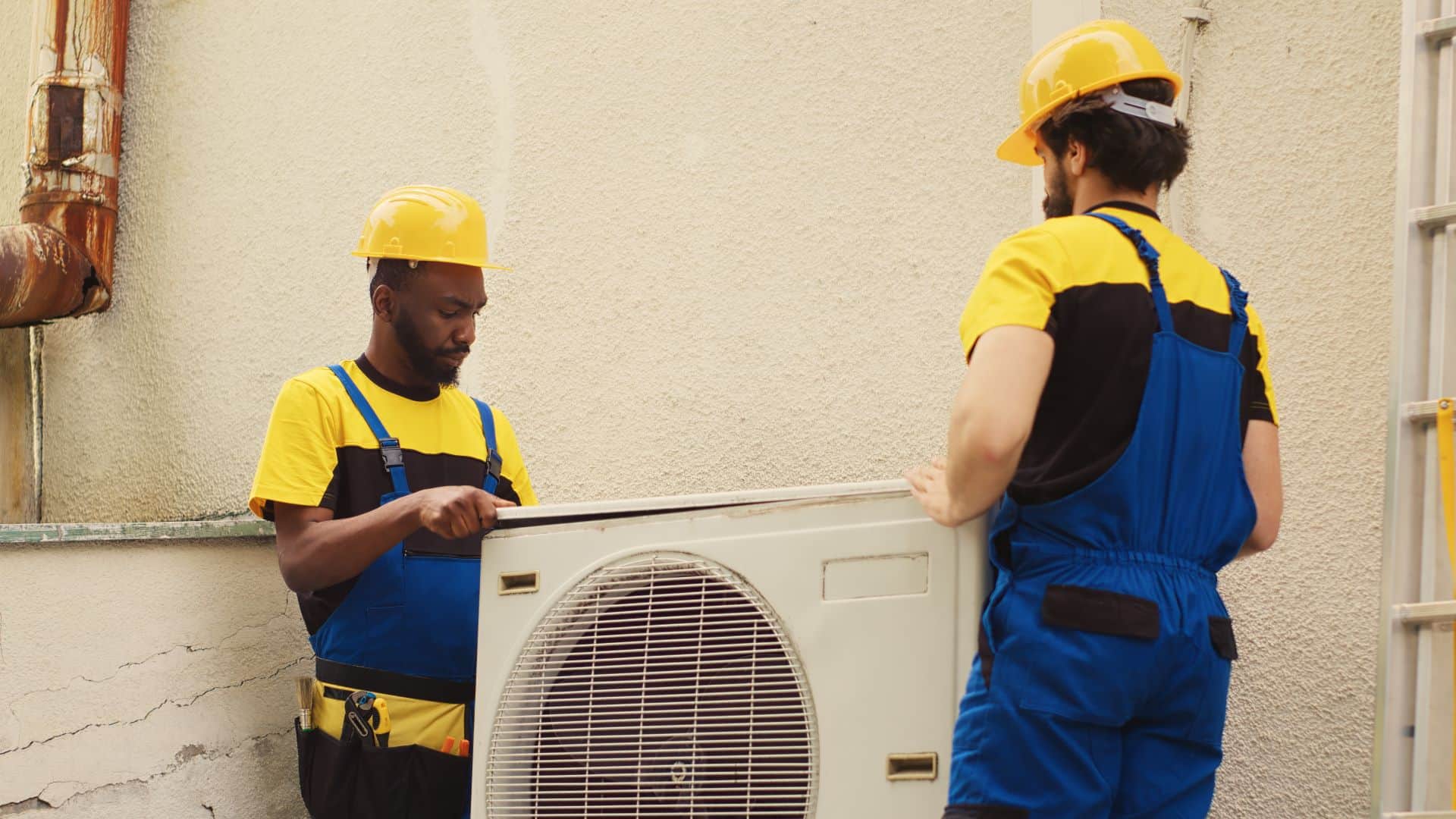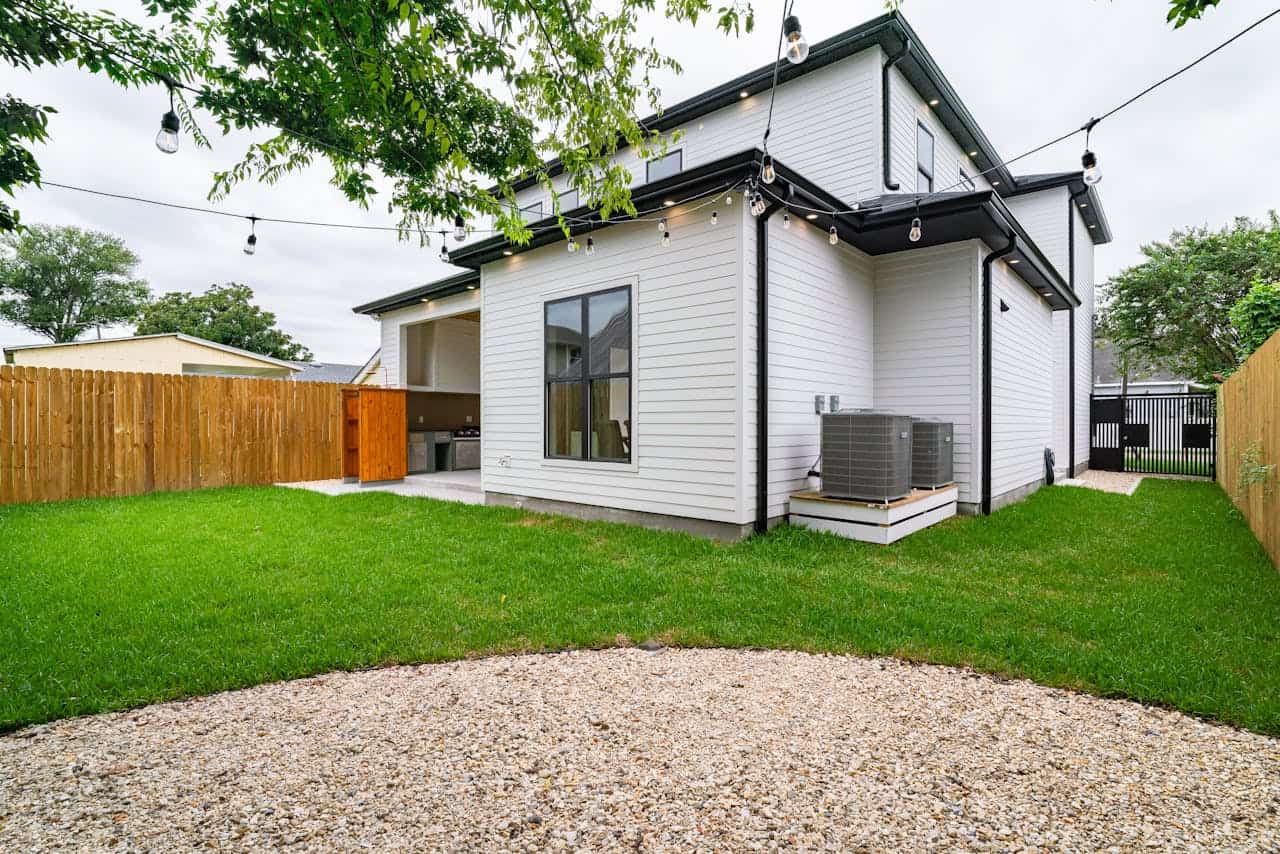Finding HVAC companies in New York can feel like a big task, especially when the weather turns cold and your heat isn’t working right. With winter setting in across places like Saratoga Springs, New York, we know how important it is to feel confident about who you call. Choosing the right company is more than just picking the first name you see online. It matters who you bring into your home. Heating problems need real solutions, and they can’t always wait.
If you’ve ever been stuck with cold air blowing from your vents in the middle of December, you understand why good help matters. Reliable service, clear answers, and a crew that shows up on time can make all the difference. We’re sharing what to look for so you can feel good about the choice you make when your next heating issue pops up.
What to Watch for in a Reliable HVAC Company
Not all HVAC crews are the same. When you’re looking for someone to fix or check on your system, you want to know they’ve handled homes like yours. Winters in New York can push heating systems hard, so finding a team that knows how to deal with freezing nights and strong winds is key.
• Look for teams who have experience working on homes in areas with long winters
• Ask if their technicians are trained, insured, and licensed. That shows they take their work seriously
• Pay attention to how they talk to you. Clear answers without confusing terms mean they respect your time and comfort
A good HVAC company won’t rush you or leave you guessing. They’ll explain what they’re doing, show you what’s wrong, and help you understand what comes next.
My Jockey brings over 15 years of experience to HVAC service, repair, and installation, and our technicians are certified to work on all major brands. We offer local expertise in Saratoga Springs and the Capital Region to handle challenging winter repairs with prompt, reliable care.
Why Fast Winter Service Matters
When your heat is out, every hour can feel longer than the last. We get it. No one wants to sleep in three layers of clothes or watch their kids shiver under blankets. Quick help isn’t just nice to have, it’s often necessary for safety and basic comfort during upstate winters.
• Freezing temps can do more than make you uncomfortable. They can damage pipes and other parts of your home
• Small issues left unchecked can grow quickly into larger, more expensive problems
• Local companies who know how tough New York winters can get are better prepared to respond fast
Being close by means technicians are more likely to get to you quickly. And when service is fast, your home stays warm and your system avoids more damage.
Our team is available for 24/7 emergency service, so you’re never left waiting on help during a sudden outage or extreme weather, no matter the time or day.
Common Signs That It’s Time to Call the Experts
Sometimes your system doesn’t completely shut down, but things still don’t feel right. The signs can be subtle or annoying, but when you notice something off, it’s better to get help early than wait for it to fail.
• If heat feels weak or one room is warm but another is freezing, something may be blocking airflow
• A strange smell or new sound coming from your vents isn’t normal. These can point to dust buildup, loose parts, or worse
• If the system turns on but shuts off again without warming the rooms, it may be short cycling or overheating
We always recommend reaching out when even small signs begin. It’s not about overreacting, it’s about keeping your heating working before you’re left without it.
Questions to Ask Before Scheduling a Visit
Once you’ve found a company you’re considering, don’t be afraid to ask a few questions before agreeing to a visit. You’re letting someone into your home, you deserve to know they’re the right fit.
• Do they have experience with the kind of system you use? Older homes and newer builds may need different skills
• Can you schedule regular maintenance with them, or do they only offer repairs when something breaks?
• Will they check your entire system, not just the part that’s causing the issue? Full-system checks can catch problems early
Asking these up front helps keep surprises minimal and makes the visit more productive for everyone.
My Jockey’s Comfort Plans provide annual HVAC tune-ups and priority scheduling for homeowners in Saratoga Springs, making maintenance simple and helping prevent breakdowns before winter gets harsh.
What Sets Good Companies Apart in New York
What separates an average company from one you trust for years isn’t just their tools or trucks. It’s how they treat you and your home. Especially in a place like Saratoga Springs, where winters can be long and harsh, you want people you can count on when things get rough.
• They show up when they say they will and respect your time
• They talk with you, not at you, explaining things so they’re easy to understand
• They look for the easy fix first and give you choices when something bigger comes up
These might sound simple, but in the middle of a winter repair, they’re exactly the things that make a bad day just a little better.
How to Stay Comfortable All Winter Long
Nobody wants to panic when the first snowstorm hits. That’s why it helps to pick a company before you’re dealing with frozen toes and lukewarm air. Knowing who to call, and knowing they’ll show up ready to solve the problem, is a huge relief when temperatures drop fast.
The right company does more than just get your heat running. They help keep it that way. And when your heating works the way it’s supposed to, you get to focus on what matters: family, rest, and the comfort of home. All winter long.
Winter heating issues can’t wait, and neither should you. When you need trusted HVAC companies in New York, especially near Saratoga Springs, our expertise with cold-weather systems ensures your home stays safe and warm when it matters most. We arrive ready to help so you don’t have to live with unreliable heat. If your system isn’t keeping up or something feels off, schedule a visit with My Jockey today.


